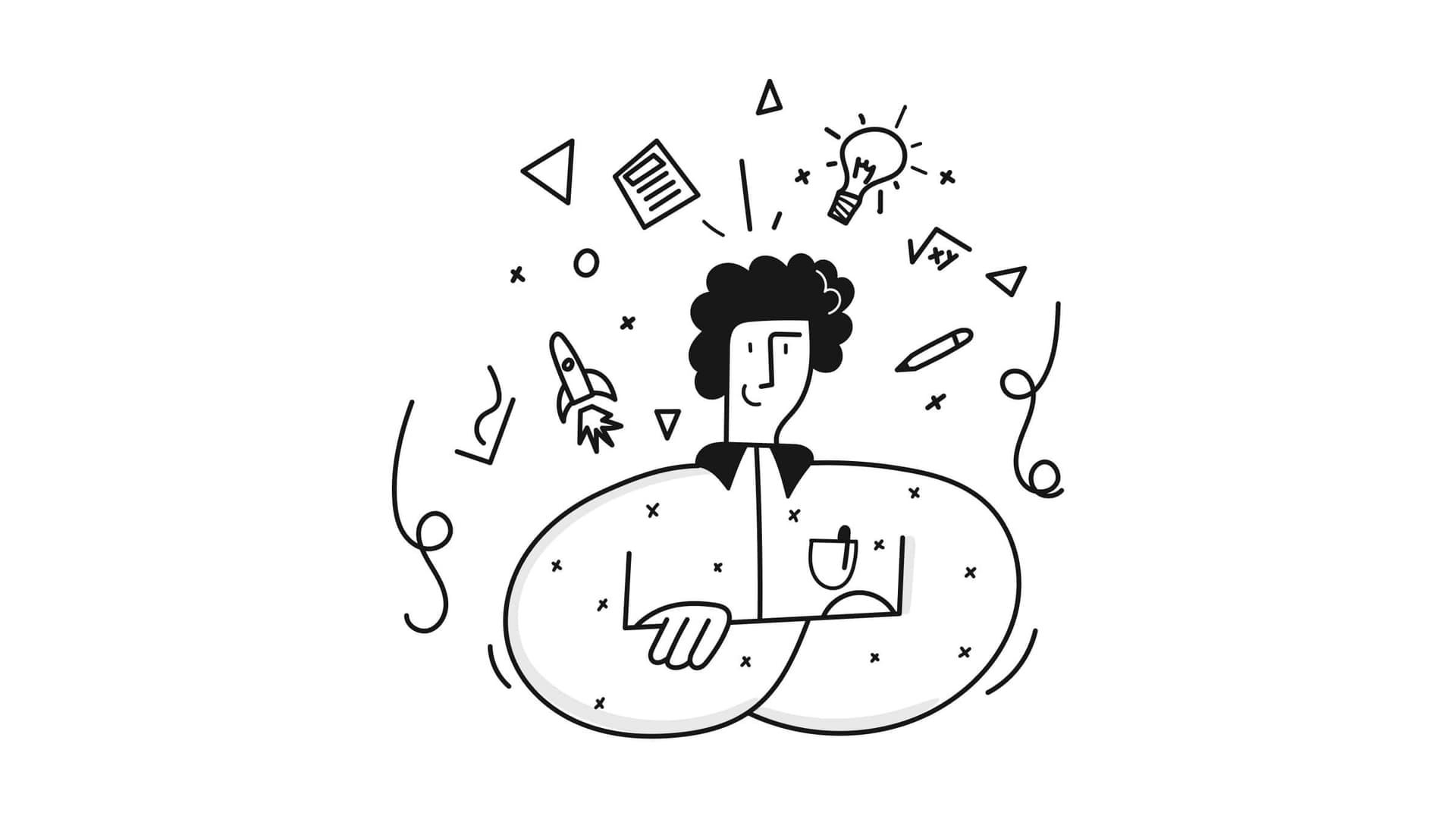AI-Powered Audio Analysis: Beyond Raw Data

Traditional audio analysis tools give you numbers: decibels, frequency ranges, BPM. But what does "-16 LUFS" mean to a podcaster? What should they do about it? This is where AI-powered audio analysis becomes transformative.
The Two Approaches
Modern audio platforms are emerging with dual capabilities:
Direct API Analysis: Fast, predictable, cheap. You ask for tempo and genre, you get "128 BPM, Electronic." Perfect for batch processing and technical users.
Conversational AI Analysis: Slower, more expensive, but infinitely more useful for non-technical users. You ask "Is my podcast well-mixed?" and get actionable advice in plain English.
Why This Matters for Product Teams
Product teams building audio tools face a challenge: their users range from audio engineers who understand technical specs to content creators who just want their audio to "sound good."
AI-powered analysis bridges this gap. The same API that returns raw frequency data can also provide conversational explanations that non-technical users understand.
The Technical Architecture
The best implementations combine:
- Fast audio analysis engines: Extract features in 2-3 seconds
- Smart prompt engineering: Convert technical data into context-aware insights
- Flexible AI providers: Let customers choose their preferred LLM (Claude, GPT-4, Gemini)
- Cost transparency: Show exactly what customers pay for analysis vs AI interpretation
Use Cases We're Seeing
Podcast Platforms: "Your episode sounds great, but the intro music is 3dB too loud. Want me to fix it?"
Music Education: "This guitar recording has good tone, but you're playing slightly behind the beat. Practice with a metronome."
Content Moderation: "This audio contains speech at elevated volumes suggesting conflict or distress."
Production Tools: "Your mix is bass-heavy. Try reducing 100-200Hz by 2-3dB and boosting the midrange."
The Future is Conversational
The winners in audio tech won't be the companies with the most sophisticated algorithms—they'll be the ones who make audio analysis accessible to everyone.
When a podcast host can simply ask "How's my audio quality?" and get actionable feedback, that's when audio intelligence becomes truly powerful.